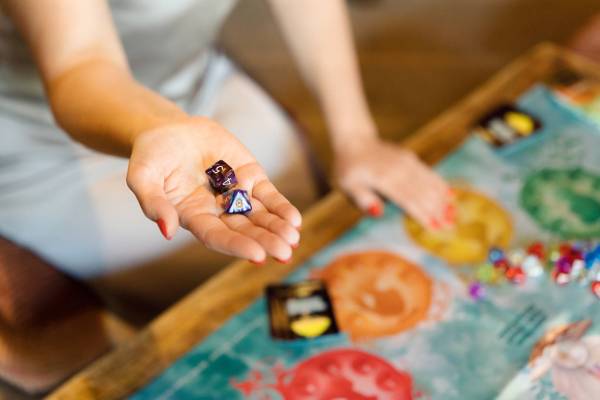Hasbro is laying off 1,100 employees, according to an SEC filing. The company behind franchises like Dungeons & Dragons and Transformers, Hasbro already laid off 800 employees in January. While some employees will find out about the fate of their jobs on Tuesday, others will be cut in the coming year. By 2025, Hasbro told shareholders, the company hopes to save about $350 million to $400 million in costs.
Hasbro CEO Chris Cocks wrote in a memo to employees — shared within its SEC filing — that he will direct the company’s attention toward licensing opportunities, scaling entertainment and “free[ing] up our own content dollars to drive new brand development.” He blames the company’s losses on vague “market headwinds.”
Hasbro’s overall revenue declined 10% year over year. But, Hasbro owns Wizards of the Coast (WoTC), the company that makes Dungeons & Dragons (D&D) and Magic the Gathering, which brings in over a billion dollars each year. In the division of the company that runs WoTC and digital gaming, revenue is up 40% year over year to $423.6 million, netting a $203.4 million operating profit. Despite this huge growth, Hasbro as a whole has struggled. So, it seems Cocks is refocusing Hasbro’s efforts on what actually is making the company money.
D&D has become increasingly popular over the last several years, in large part due to third-party content creators like Critical Role and Dimension 20, in which an ensemble cast plays D&D for the audience’s entertainment. The franchise also made a splash this year with a Hollywood film and the hugely successful Baldur’s Gate III, a video game that licenses Dungeons & Dragons IP. Just last week, Baldur’s Gate won Game of the Year at the Game Awards.
Hasbro finds itself at an odd crossroads — its toys business is declining, yet it suddenly has an unexpected cash cow on its hands in Wizards of the Coast, which it bought 24 years ago.
“The D&D strategy is a broad four-quadrant strategy, where we have this powerful brand that has similar awareness, say like ‘Lord of the Rings’ or ‘Harry Potter,’” said Cocks on an investor call last December, which gave us an insight into the company’s plans. But there are growing pains in Hasbro’s attempt to turn Dungeons & Dragons — a game system where groups of players develop their own plot and characters — into something like Harry Potter and Lord of the Rings, where every fan knows the same characters and stories. While the movie “Dungeons & Dragons: Honor Among Thieves” got good reviews when it came out in March, it ultimately underperformed at the box office.
“To position Hasbro for growth, we must first make sure our foundation is solid and profitable,” Cocks wrote in the company memo. “To do that, we need to modernize our organization and get even leaner.”
